All Stories
-
 Animals
AnimalsRNA editing helps octopuses cope with the cold
California two-spot octopuses tweak the proteins they make, potentially to help maintain brain function when temperatures dip.
By Freda Kreier -
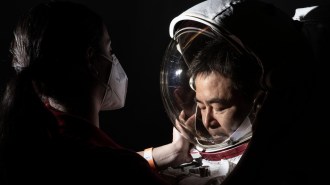 Neuroscience
NeuroscienceBrain cavities that swell in space may need at least 3 years to recover
MRI scans of astronauts show that duration in space and time between flights affect how much the brain’s fluid-filled cavities expand during missions.
-
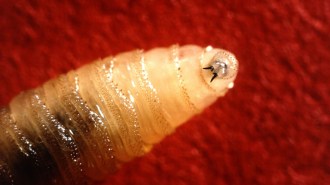 Life
Life50 years ago, flesh-eating screwworms pushed scientists to mass produce flies
"Fly factories” dreamed up in the early 1970s have helped North and Central America keep screwworms in check for decades.
By Nikk Ogasa -
 Astronomy
AstronomyThe Parker Solar Probe may have spotted the origin of high-speed solar winds
Kinks in the magnetic fields near the surface of the sun appear to be the cause of fast-moving flows in the solar wind.
-
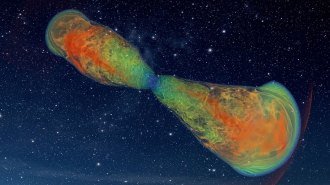 Astronomy
AstronomyA simulation of a dying star shows how it could create gravitational waves
Massive jets and an expanding cocoon of debris from a collapsing star could be a source of never-before-seen ripples in spacetime.
-
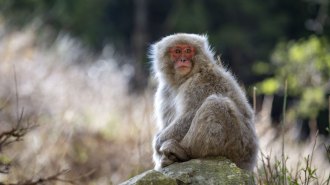 Animals
AnimalsWhen and why did masturbation evolve in primates? A new study provides clues
In a first-of-its-kind comparative study, researchers show that primates were masturbating 40 million years ago and that the behavior may help males keep their sperm fresh.
-
 Life
LifeA gene therapy shot might keep cats from getting pregnant without being spayed
Even after mating with fertile males, females given the cat contraceptive, which targets an ovulation-preventing hormone, did not get pregnant.
-
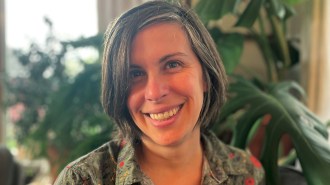 Ecosystems
EcosystemsMarjorie Weber explores plant-protecting ants and other wonders of evolution
Cooperation across the tree of life is an understudied driver of evolution and biodiversity, Marjorie Weber says.
By Meghan Rosen -
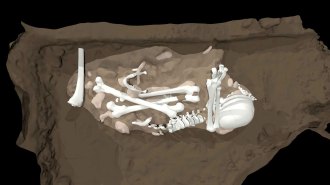 Anthropology
AnthropologyHomo naledi may have dug cave graves and carved marks into cave walls
Proposed discoveries of humanlike activities by these ancient, small-brained hominids have elicited skepticism from some researchers.
By Bruce Bower -
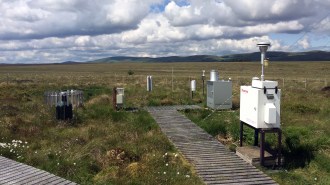 Life
LifeAir pollution monitoring may accidentally help scientists track biodiversity
Filters in air monitoring facilities inadvertently capture environmental DNA, which could give scientists a new tool to track local plants and animals.
-
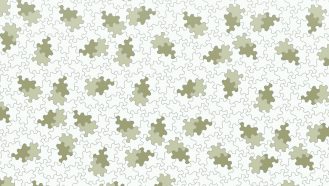 Math
MathA ‘vampire einstein’ tile outdoes mathematicians’ latest feat
A newfound shape covers an infinite plane with a pattern that doesn’t repeat and without mirror images of the shape.
-
 Astronomy
AstronomyWeird black holes may hold secrets of the early universe
Big black holes in little galaxies, rogue black holes and other behemoths could offer clues to cosmic evolution.